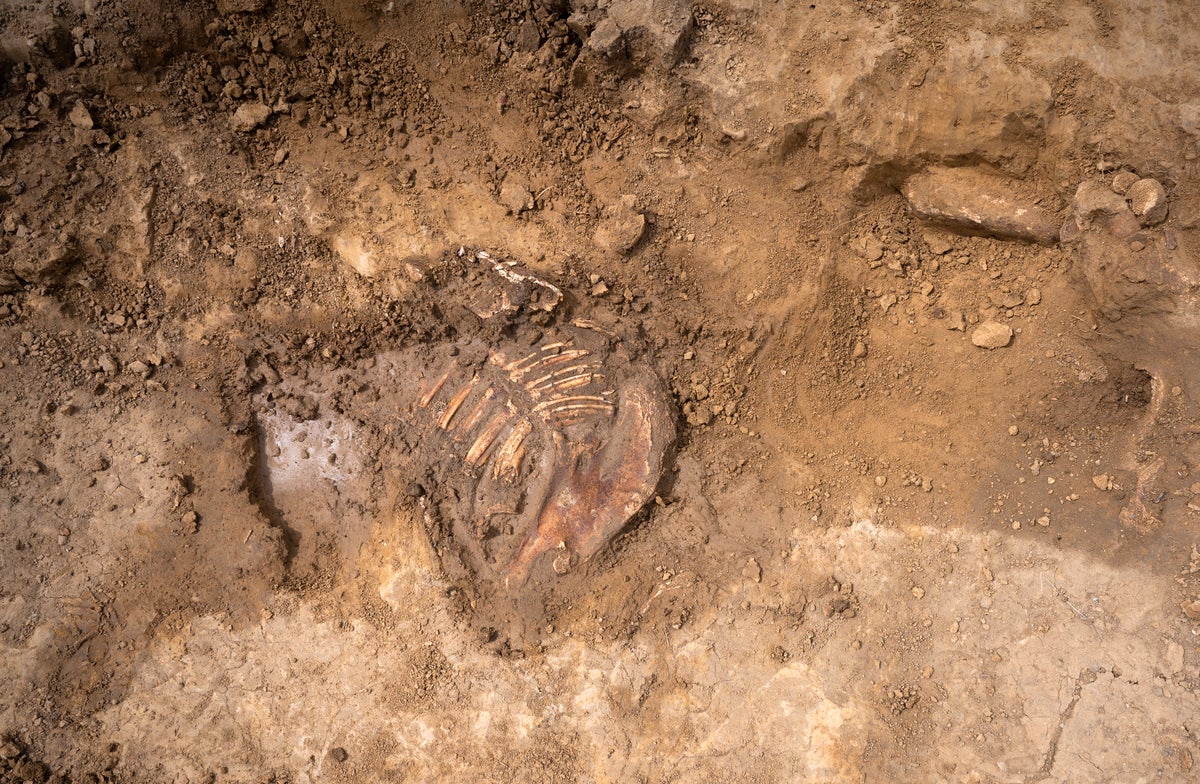
A Scottish archaeologist was part of a team which has uncovered rare skeletons at the Waterloo battlefield in Belgium.
Teams have unearthed remains of humans and horses following the latest dig, which resumed this year for the first time since 2019.
Experts say the discoveries are “incredibly rare” on a Napoleonic battlefield and further excavation is under way to learn more about the remains.
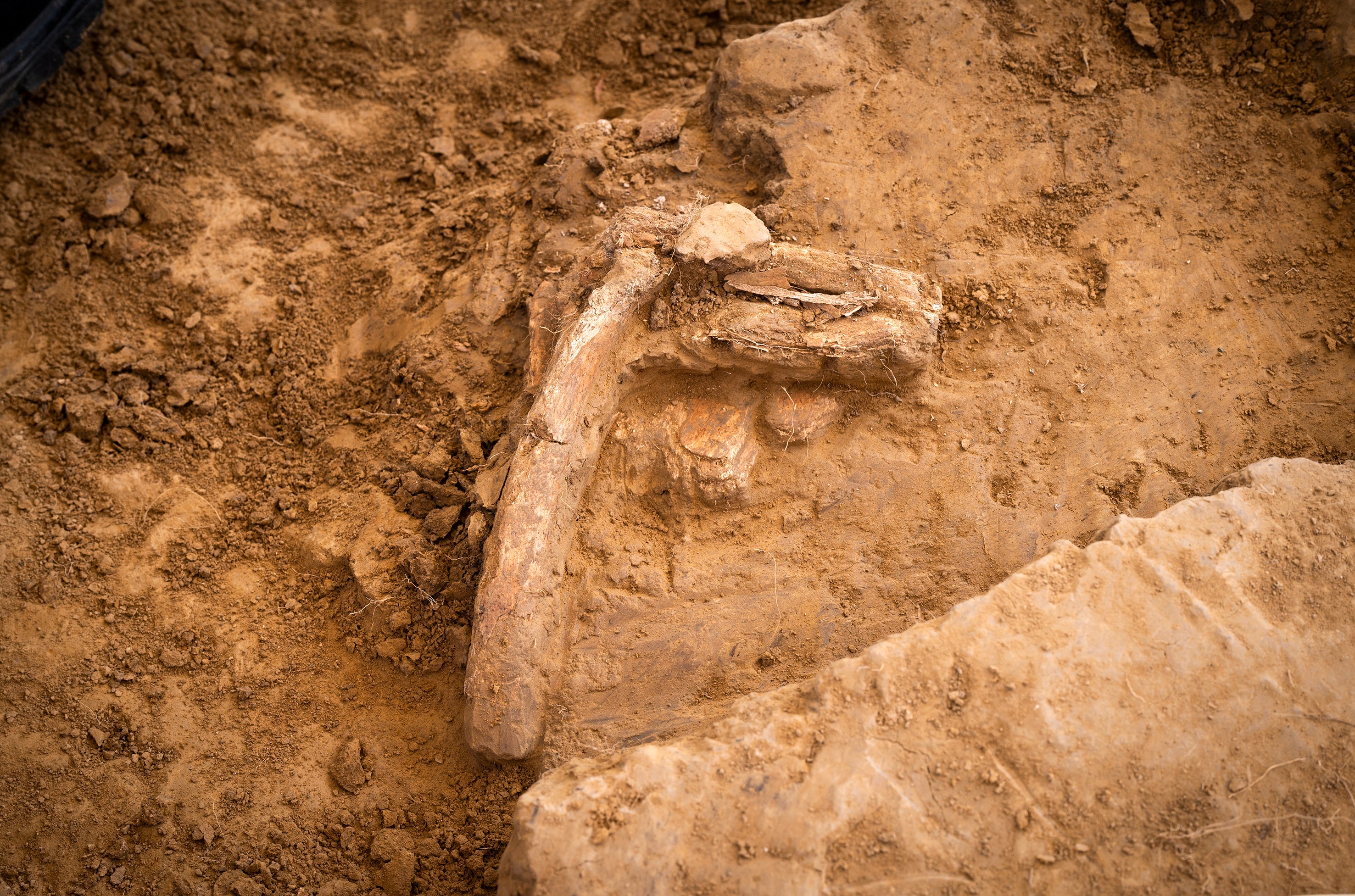
Professor Tony Pollard, one of the project’s archaeological directors and director of the Centre for Battlefield Archaeology at the University of Glasgow, has been closely involved in the dig.
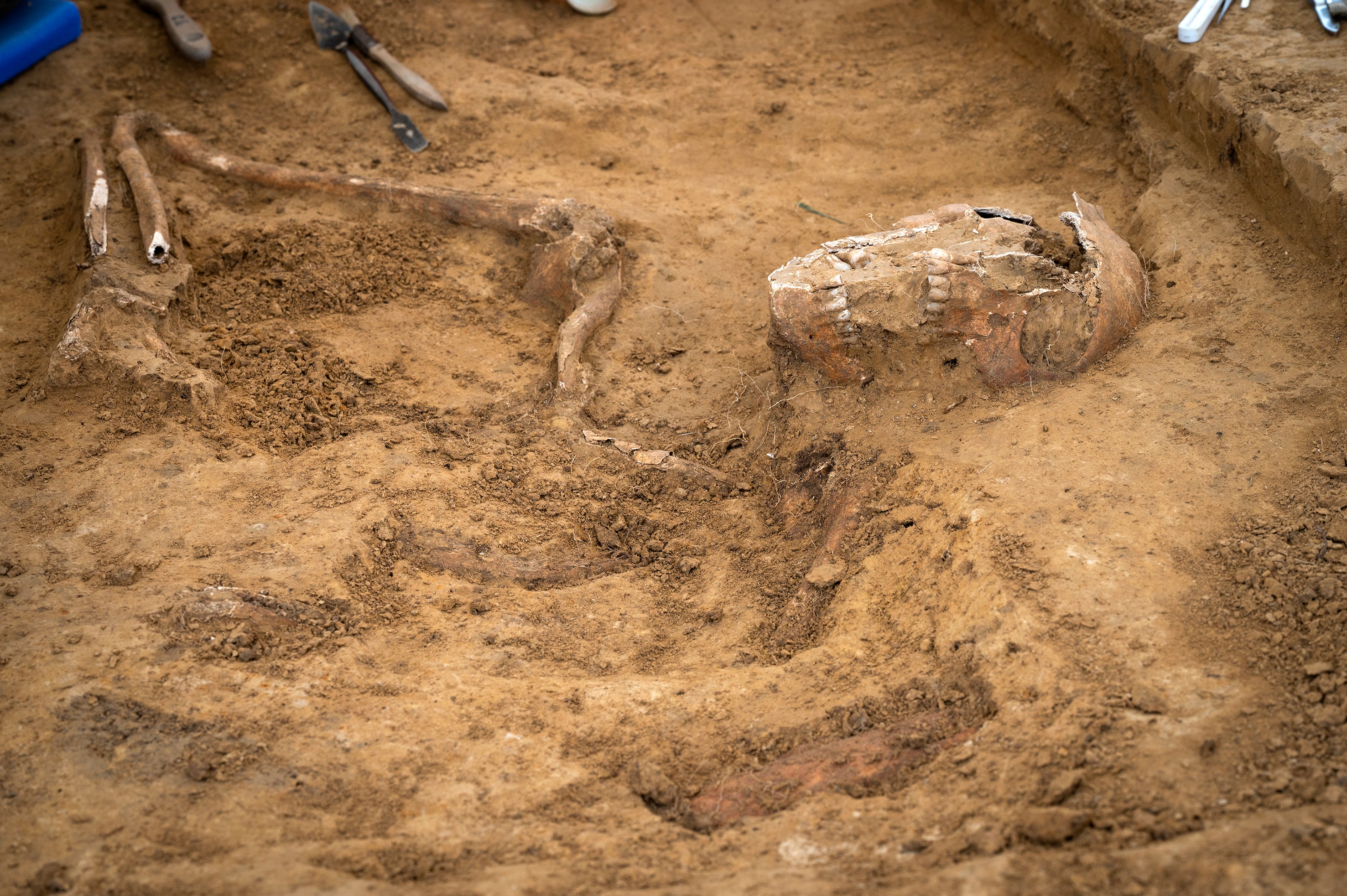
He said: “I’ve been a battlefield archaeologist for 20 years and have never seen anything like it.
“We won’t get any closer to the harsh reality of Waterloo than this.”
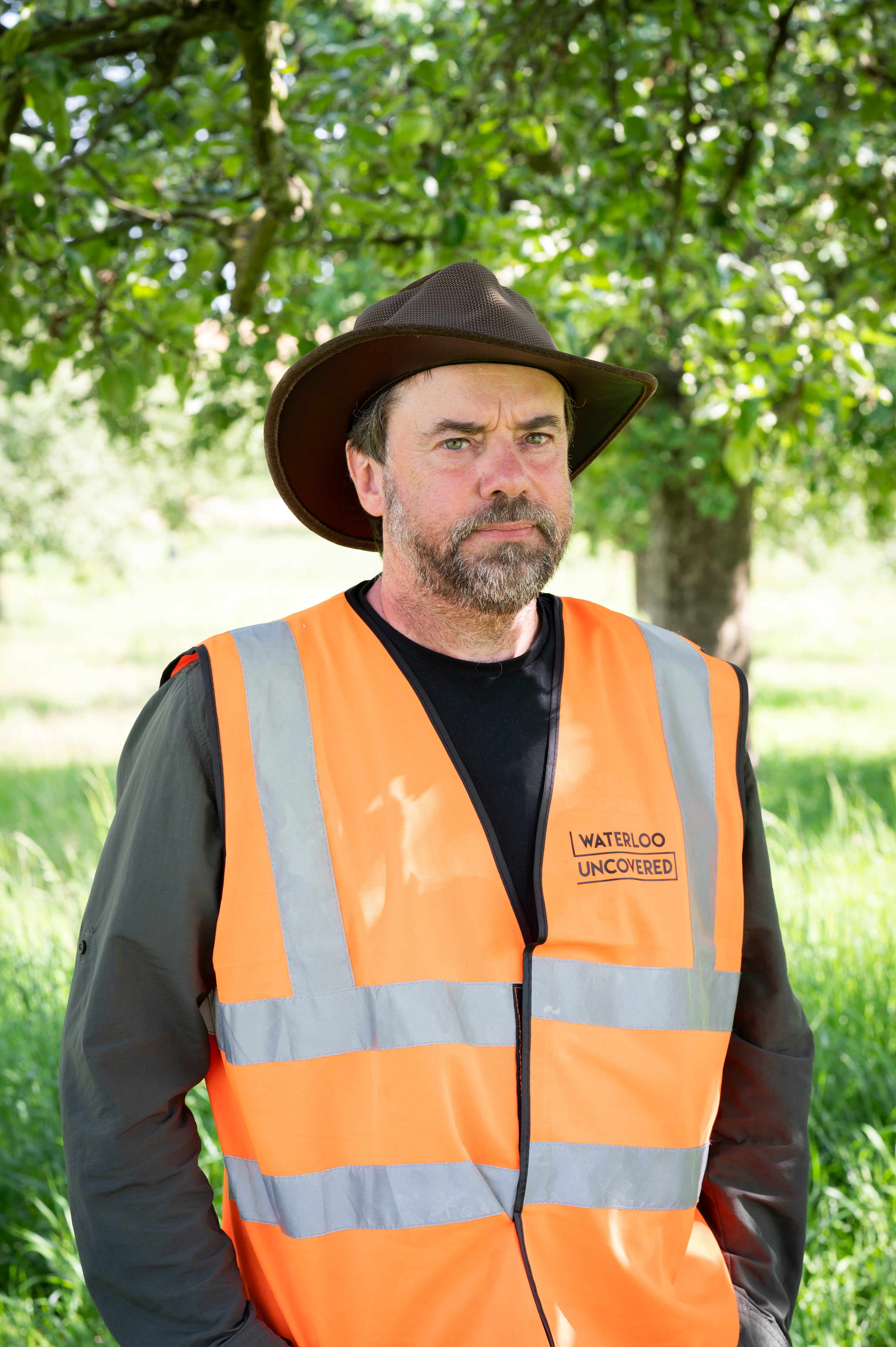
The work has focused on two sites at Mont-Saint-Jean farm and Plancenoit to investigate some of the bloodiest fighting of the battle.
The remains of three amputated limbs were excavated at Mont-Saint-Jean Farm, which was the site of the Duke of Wellington’s main field hospital during the battle.
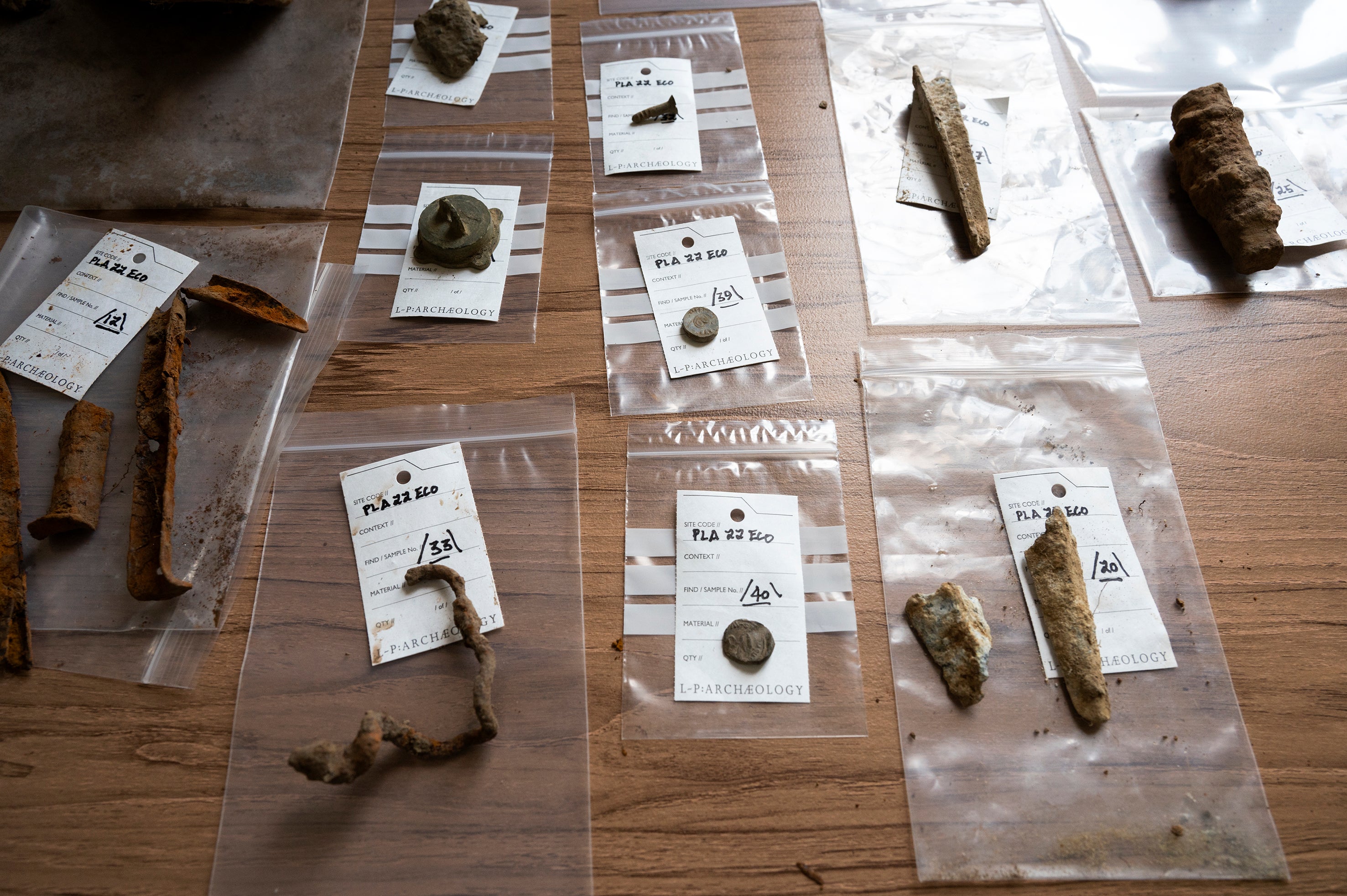
Archaeologists and military veterans have joined Professor Pollard from the Waterloo Uncovered project, which uses archaeology as a tool to help veterans find peace from various conflicts.
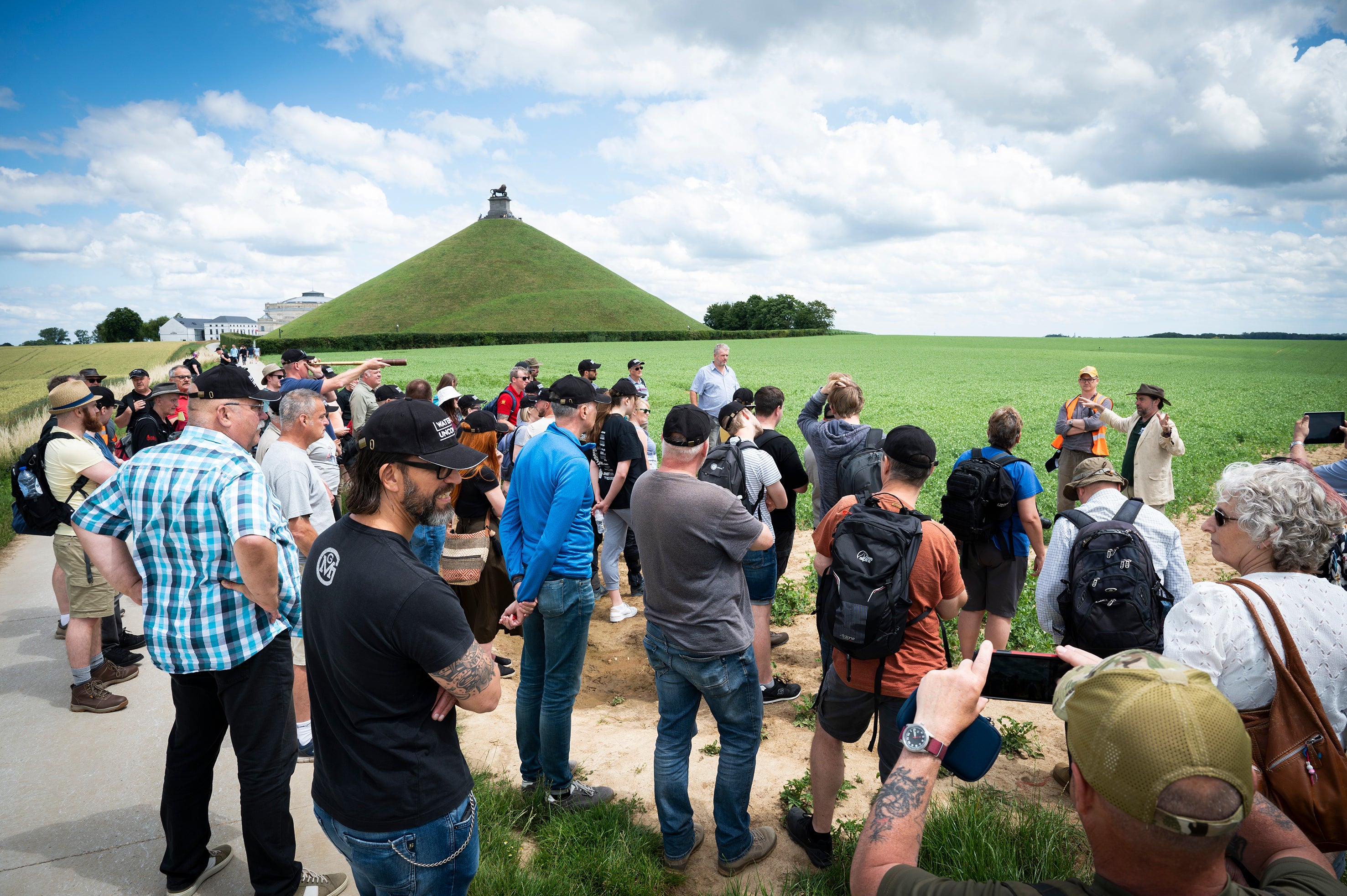
Rod Eldridge, a wellbeing support lead at the charity and a retired lieutenant colonel who served as a mental health nurse consultant in the army, says “Already I can see that [the veterans] are actively engaging with what’s on offer, and I have already seen changes in people that are amazing.
“Where they might have been quite sullen and withdrawn, they are now already mixing with others – with smiles on their faces, and interjections of humour. I can see the colour again; the recipe and the magic of Waterloo Uncovered is already unfolding.”
The team will continue its excavations until July 15, and is sure to make some ground-breaking discoveries about the events that took place at these important battlefield sites.







